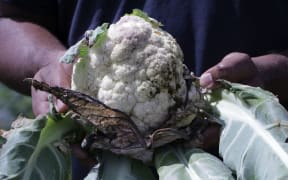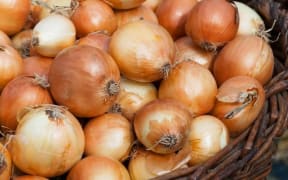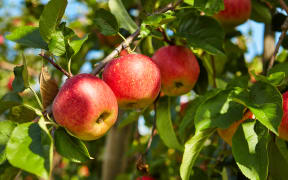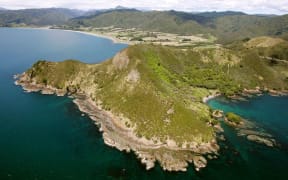The country's onion crop has been slashed by at least 20 percent because of humid weather which resulted in a leaf disease.
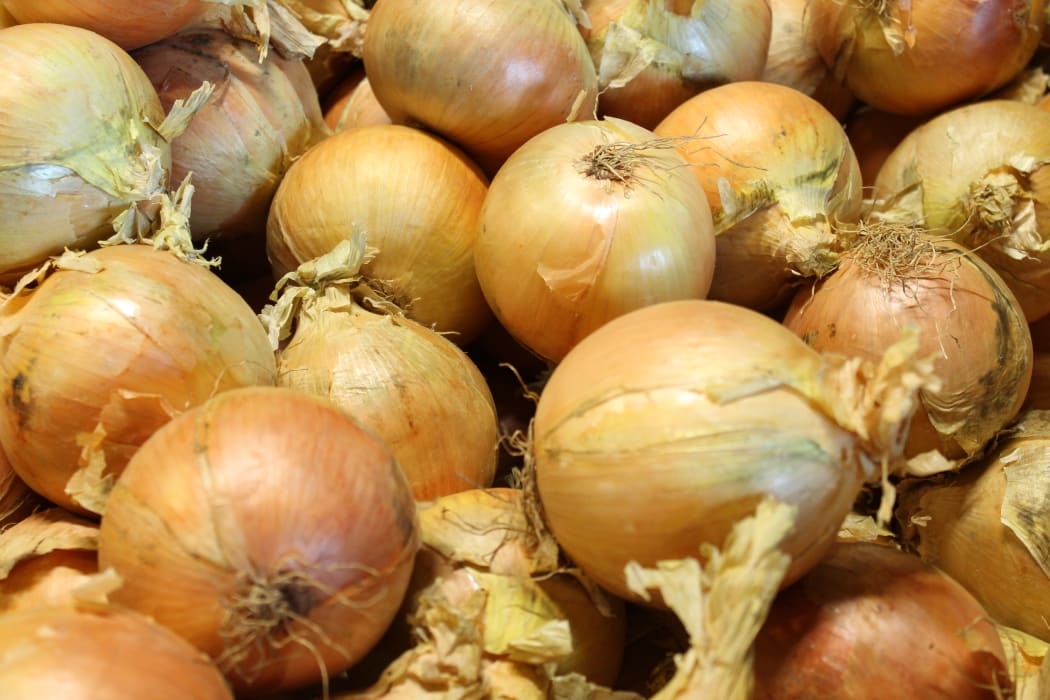
Photo: RNZ/Carol Stiles
The harvest period is wrapping up for the season, and Onions New Zealand chief executive Michael Ahern said it had been a mixed bag for growers.
The main problem was a leaf blight called 'Stemphylium' which has damaged the plants, he said.

Michael Ahern Photo: Supplied
"We've had some difficulties in a number of the growing areas ... to that end we ran a crop forecast survey recently and we could be down by around 20 percent on yield ... even that could be increased by quality issues at packing time."
The onion industry commissioned Plant and Food Research to find out more about the disease, and this report has been sent to growers.
This year is the worst case of the leaf blight that anyone in the industry can remember, he said.
"No one can recall an attack by this particular fungus to this extent ... so that does point potentially to, not a new pathogen, but more changing climate conditions."
The industry would pour its resources and expertise into finding solutions, Mr Ahern said.
Potato growers also have poor season
Potato growers have also had a tough season - with water shortages, scorching temperatures, and several large storms.
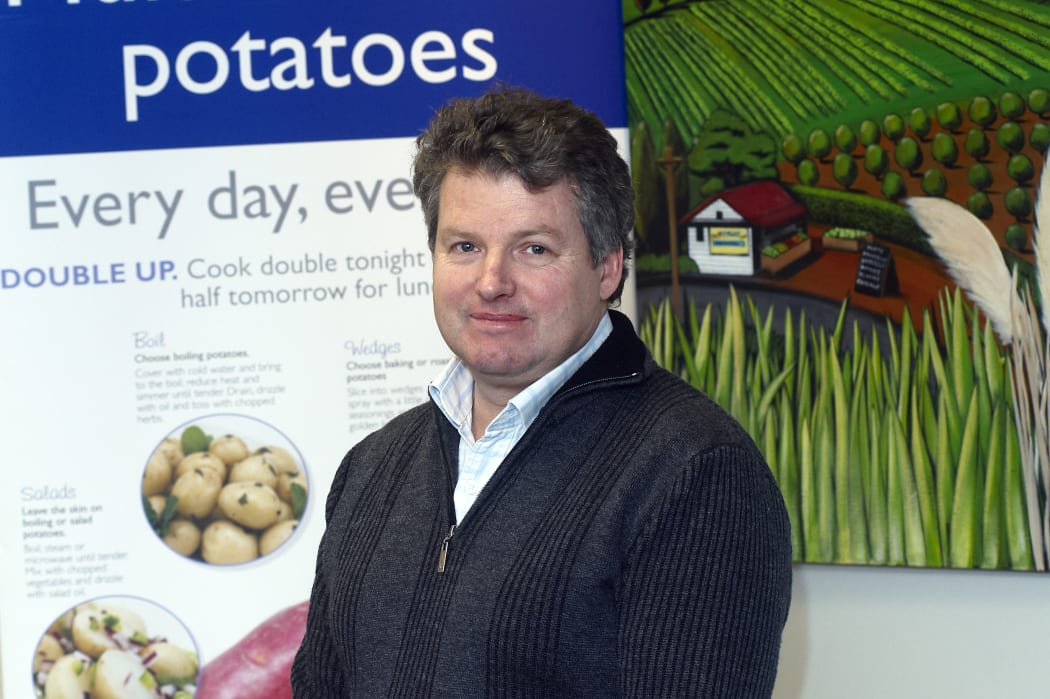
Chris Claridge said there was increasing evidence that farmers were being directly impacted by climate change. Photo: Supplied
Potatoes New Zealand chief executive Chris Claridge said it was a clear link to climate change.
"What we're seeing is a direct impact on farmers' ability to plant and harvest potatoes, which is directly impacted on their profitability, and on our ability to generate export receipts."
January was the hottest month on record, and that combined with several large cyclones had directly hit farmers in the pocket.
"We're seeing increasing evidence that farmers are being directly impacted by climate change, and we now have to start the conversation about climate change and how we manage it going forward," Mr Claridge said.
The key issue was how to make growers and farmers more resilient, he said.

